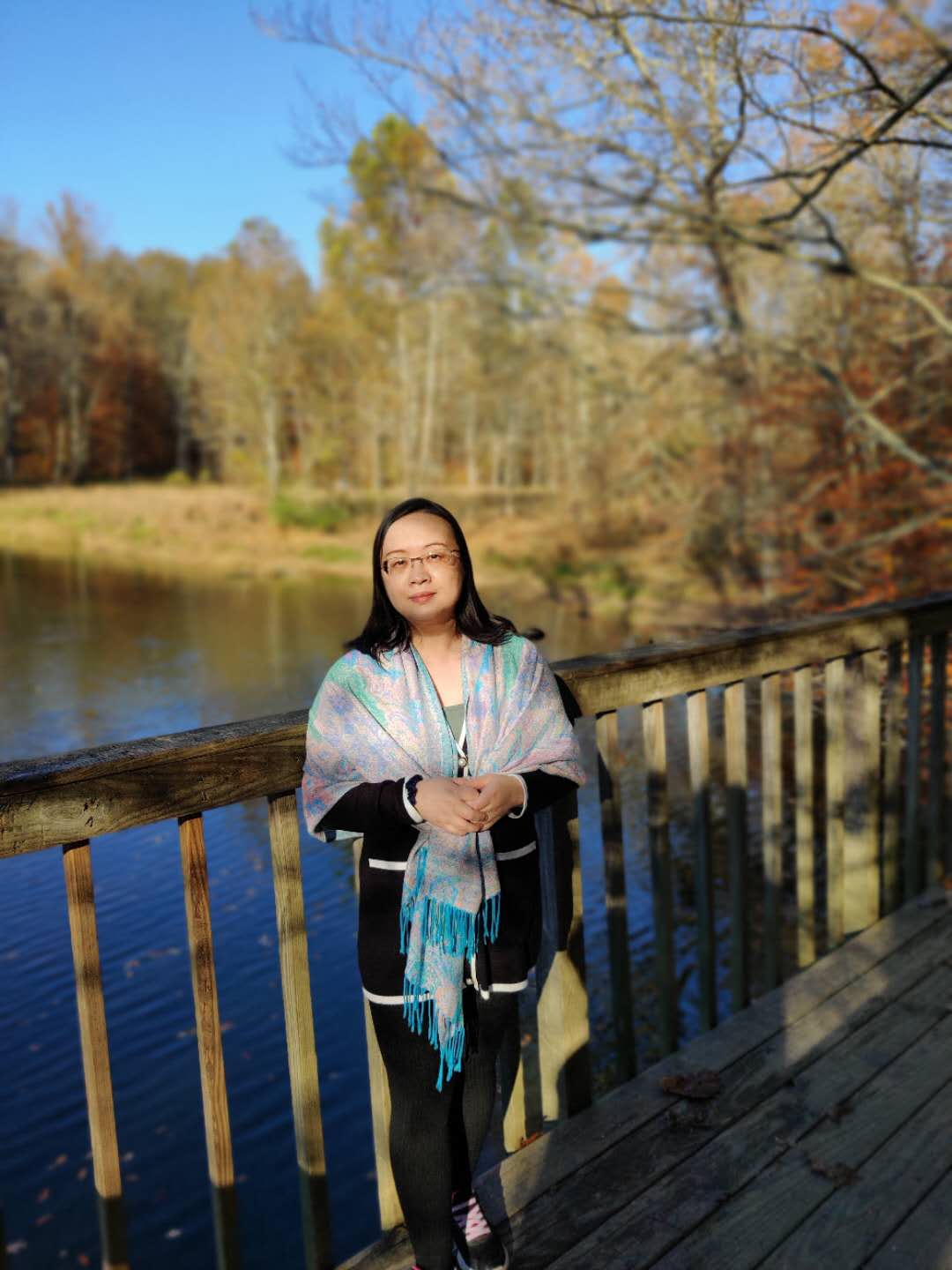
I understand digital rhetoric as a creative extension of traditional Aristotelian rhetoric thanks to digital technologies, but with more heuristic and persuasive powers given to the three canons of invention, memory, and delivery. Because of this, I am particularly interested in how digital rhetoric is creating new avenues for persuasion, ethical advocacy for the public good, life-long education, and effective and efficient global communication.
My broad interests in digital rhetoric began with my first semester in the master’s program of technical communication in 2017. Even without a clear idea about what digital rhetoric was, I started my first ever professional writing research project with my cohort and dear friend, Manasi Gandhi. The project was about analyzing online job postings for content strategists. Being both work-and-study mums, we did our online searching for job postings on Indeed.com, reading and annotating literature using the digital library at NC State University, analyzing the data employing the open-source software AntConc, writing collaboratively on Google doc, visualizing the data using Excel, delivering and presenting our work by sharing the slides with our professor and peers, and finally presenting the work as a research poster at Writer’s UA East Content Pro Conference. Obviously, every step in this research project was involved in digital technologies and digital literacies. But further thinking would reveal the role that digital rhetoric played throughout the whole process. Sharing similar identities made Manasi and I trust in and enjoy working with each other. The digital technologies we learned enabled us to create new ways of collaborative writing, accessing rich evidence from digital literature to support our arguments, presenting our research in various forms, and reaching a wider audience.
After seeing the might of digital rhetoric with my first project, I begin to engage in more research on digital rhetoric through the lens of my background as an international student from China, and in combination with the rhetorical theories that I continue to learn from coursework. Employing the assemblage theory, I explore the rhetoric of face masks across national borders in the COVID-19 pandemic. My findings indicate “the assemblage rhetoric of face masks has changed the way we think, communicate, and organize our lives as face masks are coded into social rules and people’s daily lives and disclosing their eventfulness” (Chen). Following the thread of the multi-dimensional approaches to place and its intricate ties with humans, I examine the role of place as rhetoric in the YouTube short videos by a Chinese internet influencer named Li Ziqi. The “ambient rhetoric” (Rickert) of Li’s small village in western China creates Li’s ideal and idyllic life, imposes its pastoral affects on her audience, and passes on the belief in a slow life to people living under modern stress.
With a deeper understanding and more research experience in digital rhetoric, I am delighted to join DRC as a graduate research fellow and hope to contribute my cross-cultural knowledge and experience to broaden the research scope of digital rhetoric. Following Quintilian’s famous quote that “Oratory is the art of speaking well, and the orator knows how to speak well”, I hope my work with DRC will advocate for ethical digital rhetoric for the public good. Feeling and understanding the challenges that my students in first-year writing are struggling with during COVID-19, recently I become fascinated at exploring how digital rhetoric can help build empathetic teaching and learning experience in the virtual learning setting. As I am on my way to explore numerous research topics that digital rhetoric has to offer, it is my sincere hope to collaborate and work with folks sharing similar interests for a better digital future. Please feel free to reach out to me at chen3421@purdue.edu or @sugejianfen on Twitter.
